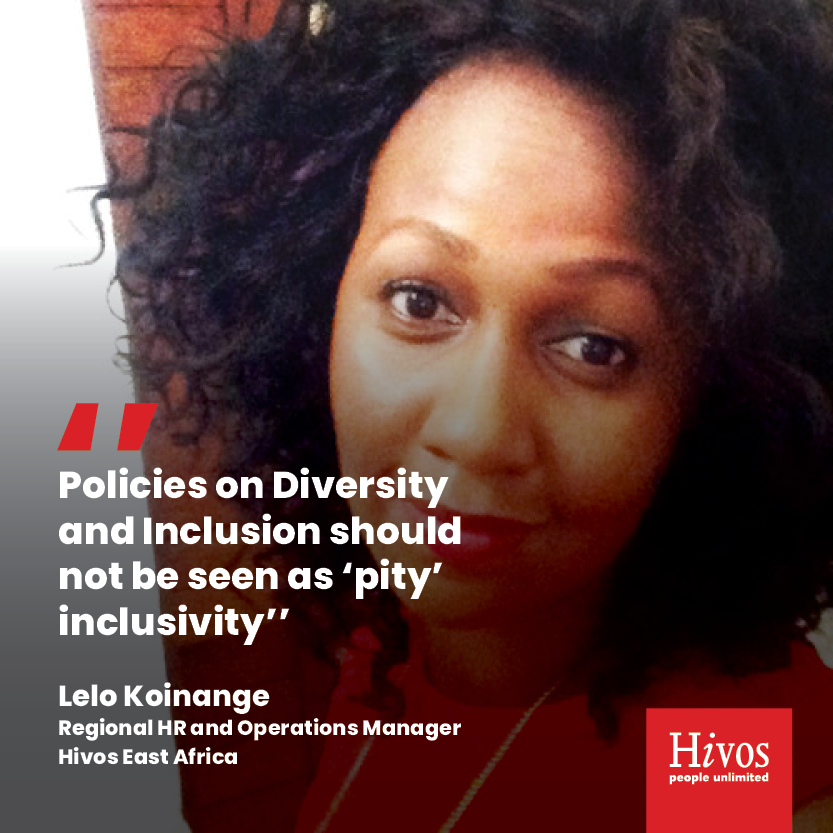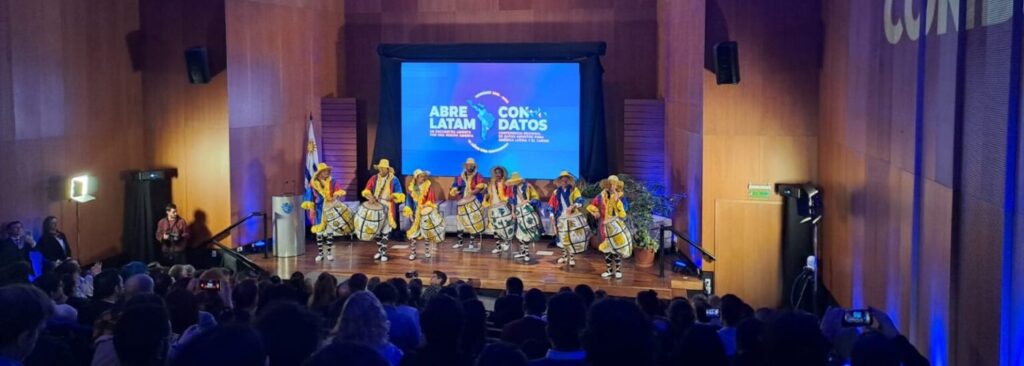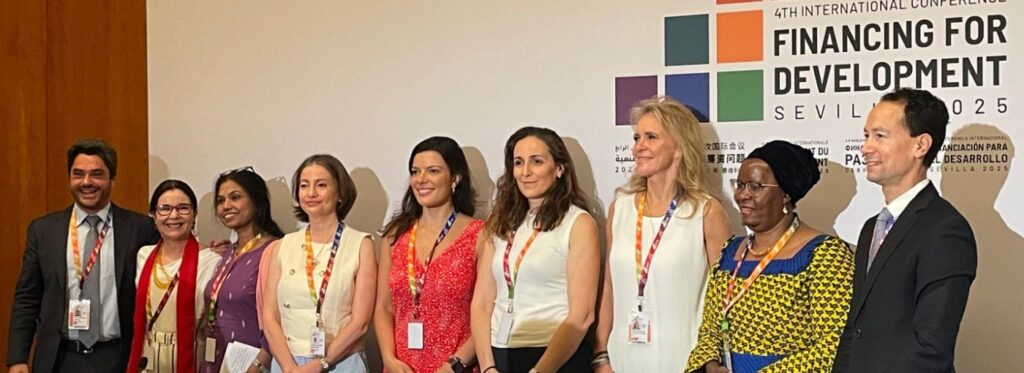On May 25 2020, George Floyd lay tragically on the concrete taking his last breath for nine minutes as his life was taken from him.
This instance would be a catalyst to one of the largest protests and movements seen worldwide. The global out-pouring and support to end systemic racism has been visible to not only individuals, activists, politicians, celebrities but also exposed major loopholes and gaps concerning the complicity of corporations and organisations in aiding this injustice.
Rise of BLM and calling out toxic workspaces
“Black Lives Matter” movement has sparked a call for organisations to have more inclusive and diverse workplaces and to be cognisant of what this entails- not just mere policy making but actual deliberate and purposeful action into creating spaces that are conducive, respectful and reflective of minorities.
The development sector – the custodian of propelling stability, prosperity and justice in the world has of late faced a myriad of accusations concerning inbred toxic workplace cultures that have birthed stigma and discrimination based on race, gender and sexuality. The rise of these concerns has questioned the authority of development organisations to condemn inequality in the world given the ‘hypocrisy’ of their practices.
Workplace cultures are important in not only retaining employees but also being attractive to recruit talent and skill that can enable organisations meet their objectives. Research in this area reveals that increased job satisfaction can greatly reduce turnover. It is important that this great asset is not overlooked while development organisations seek to work for the common good and change the world.
A toxic work culture can be directly attributed to the lack of enforcing and promoting an inclusive workplace. When employees are unaware of policy (or lack thereof) and their rights at work; this can create a dangerous setting that can be taken advantage of. It is an organisation’s duty to continuously create awareness by unpacking to its staff what discrimination, sexual harassment, bias, bullying amongst others are; and tearing down stigma based on gender, race, ethnicity, sexual orientation and gender identity.
D&I is not ‘pity’ inclusivity
As organisations evolve, the need to adapt to reflect diverse cultures and perspectives is emerging as not only pivotal for business survival but also the right thing to do. Diversity and Inclusion (D&I) policies are beneficial in fostering a more creative, transparent, inclusive, respectful and productive workplace that can be felt within and also externally. However, this is easier said than done- policies are only as good as their implementation. Organisations must be seen to walk the talk. For example data on organisations’ demographics should be keenly captured to assess if the strategy is being followed and if it isn’t what are the remedial actions that must be taken.
Inclusion and fairness in the workplace is not simply the right thing to do; it’s the smart thing to do. ~Alexis Herman
D&I policies should not be merely a “tick the box” initiative or a temporary band aid for an organisations toxic work culture nor should it be a re-branding opportunity for development organisations seeking funding but a well thought out plan to address systemic biases in institutional practices. More often than not, D&I has been observed as a euphemism used in the development sector to silence and cover up organisational power imbalances in the name of ‘equal and diverse’ work spaces. While some organisations have done well in implementing this approach, it is important to get it right.
For change to occur from within, organisations and D&I front runners must focus on shifting culture by looking at emerging data and trends in order to improve employees’ interactions with their colleagues, direct managers, and leadership. This focus too must be inclusive of all diversity and not marginalising some to suit the needs of an organisation or implicit biases e.g. promoting agenda on gender while at the same time muzzling out LGBTI persons.
In the wake of the #BLMprotests, its become more evident that millennials and Gen-Z (who will soon make up majority of the workforce) are more deeply involved and in-tune with the need for more inclusion than any other generation before. The shift is happening and organisations need to re-think what their policies promote and exclude.

The practice at Hivos: from paper to action
As with any policy- it is as good as the paper it’s written on unless you actively show up and implement. It must be tracked and fine-tuned. At Hivos we begun several small processes and journeys of trying to unlearn, learn and share what we know- we did this together.
The first stage of any internal initiative is to always involve your staff members; this should be a consultative process through focus groups, town halls or even an internal survey. This helps organisations learn from their own staff and specifically those who may feel underrepresented or not protected.
Leadership’s commitment towards the initiative is very critical, from the top –down, a zero-tolerance attitude must be embedded along with this. If staff feel and see this, they will be more obliged to take it with the seriousness it deserves.
Continuous training to help reduce biases and increase the ability to work in diverse settings is highly recommended. Also the promotion of safe working spaces by having very clear and visible safeguarding and sexual harassment policies in place is equally important.
Globally, years of systemic injustices are beginning to be peeled off. Organisations are also being thrust into the light on this and leadership is being called to task on ensuring there is equity where for so long there was none. It is more important now than before that diversity and inclusion not be a mere bumper sticker but a purposeful call to action for every organisation. Organisations must have the courage to break down structural biases – speak truth to power, change the narrative and as employees be unapologetic in expecting this from your employer.
Our iconic Colourful Workplaces Program has been a champion in bringing diverse voices together through multinationals, international NGOs and local embassies to create workplaces where everyone feels valued, respected and can contribute as equally as other employees. The message has been simple according to Levis Maina: ‘’bring your whole (authentic) self to work unapologetically.’’
This article was also published by the Business Daily.




